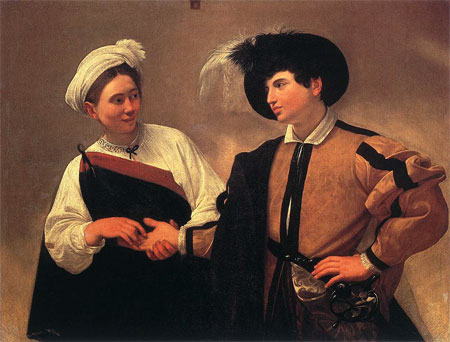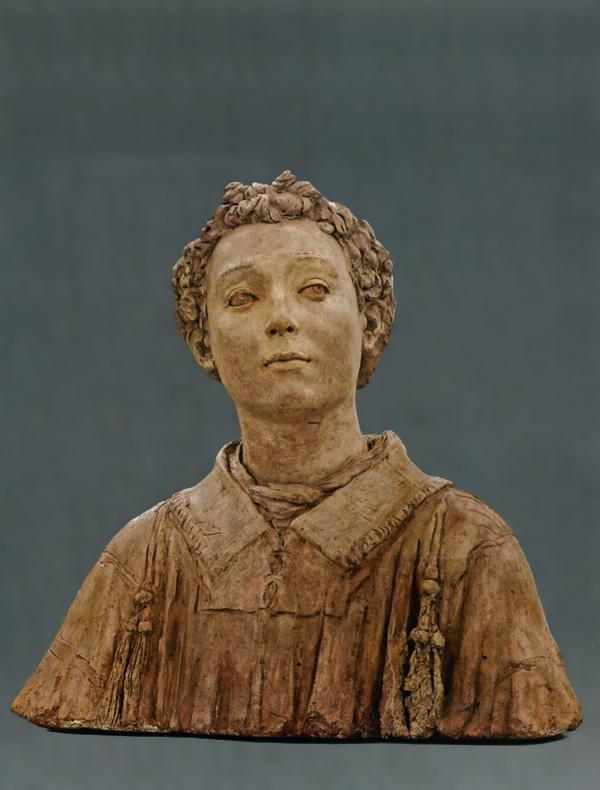“Mademoiselle Charlotte Elizabeth Peirce
and
Doctor Charles Henry Peirce at Salem
Today at 12 o’clock was born a boy. Its mother and it are both doing ‘finely’ and send you their very best love. The boy would have written, but is prevented by circumstances over which he has no control. He does not like this blue ink he says. He hung himself this afternoon to a pair of steelyards; but postponed the further execution of his wicked designs upon himself, because he found he wanted just one quarter of a pound of the nine pound which he regards as the minimum of genteel and fashionable suicide. At 8 1/2 this morning his mother – if she can be called his mother before he was – his future mother, or more transcendentally, the mother of this then child of futurity was well – or nearly so, the shadows of coming events having but slightly obscured the brightness of her countenance.
B. Peirce”
(Kenneth Laine Kettner, His Glassy Essence: an Autobiography of Charles Sanders Peirce, pp. 63–64.)

